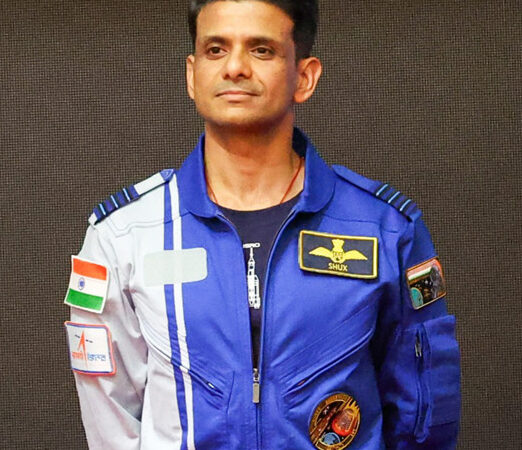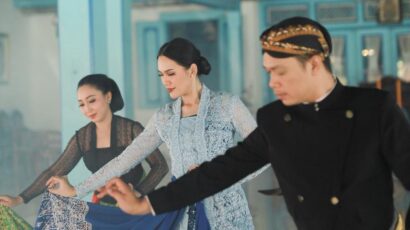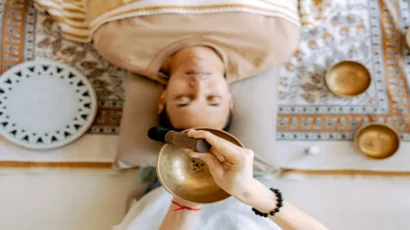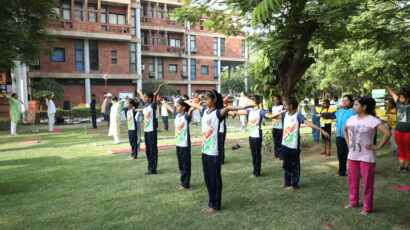Indian astronaut Shubhanshu Shukla shares life aboard ISS with students

Shubhanshu Shukla, the first Indian astronaut to visit the International Space Station (ISS), engaged in a lively interaction with students in India, offering a fascinating glimpse into life in space.
The students, captivated by the mysteries of space travel, asked a wide range of questions—what astronauts eat, how they sleep, and what happens if someone falls ill during a mission. Shukla, with his friendly and approachable manner, patiently answered each question, making the complex world of spaceflight easy to understand. For a moment, it seemed as if he had turned into a schoolteacher, delighting in their curiosity.
“It’s actually fun,” Shukla said with a smile. “In space, there’s no floor or ceiling. If you visited the ISS, you’d find someone sleeping on the walls and someone else on the ceiling.”
When asked about food in space, the Lucknow-born astronaut explained that most of their meals are pre-packaged, with great care taken to ensure proper nutrition. “We have different food items to choose from, and we get to taste them in advance. The ones we prefer are then packed for the mission,” he said.
The students were also curious about what happens if an astronaut falls sick in space. Shukla shared that while it’s easy to float and secure oneself to any surface, astronauts must tie down their sleeping bags carefully to ensure they stay in place. “The challenge is waking up in the same spot where you went to sleep,” he added with a chuckle.
On mental health challenges in space, Shukla highlighted the importance of technology in staying connected with loved ones. “Being able to talk with family and friends really helps,” he said.
He also spoke about the effects of microgravity on the human body, such as slowed digestion and fluid shifts. “My body has adapted to microgravity now, but returning to Earth means I’ll have to readjust to gravity again. That’s another challenge,” he noted.
Currently, Shukla is working on developing a brain-computer interface in the space station’s lab, according to NASA.
He is on a 14-day research mission aboard the ISS as part of Axiom Mission 4, along with three other astronauts from the US, Poland, and Hungary. The crew is conducting around 60 scientific experiments and commercial projects in microgravity, representing 31 countries—including India, the US, Poland, Hungary, Saudi Arabia, Brazil, Nigeria, the UAE, and several European nations.















